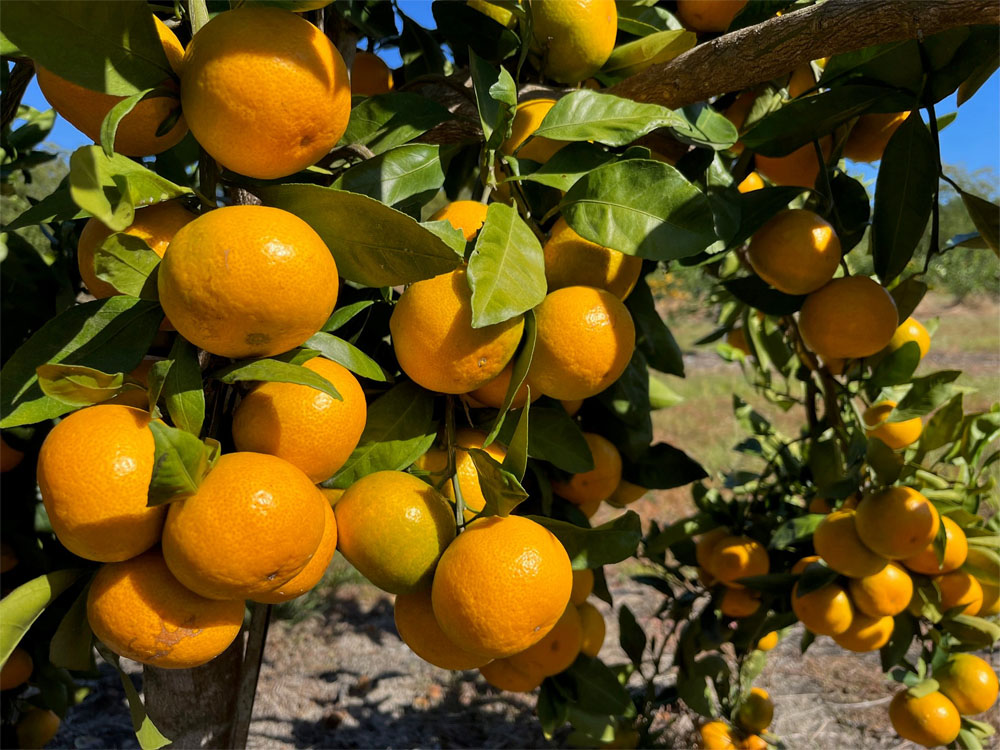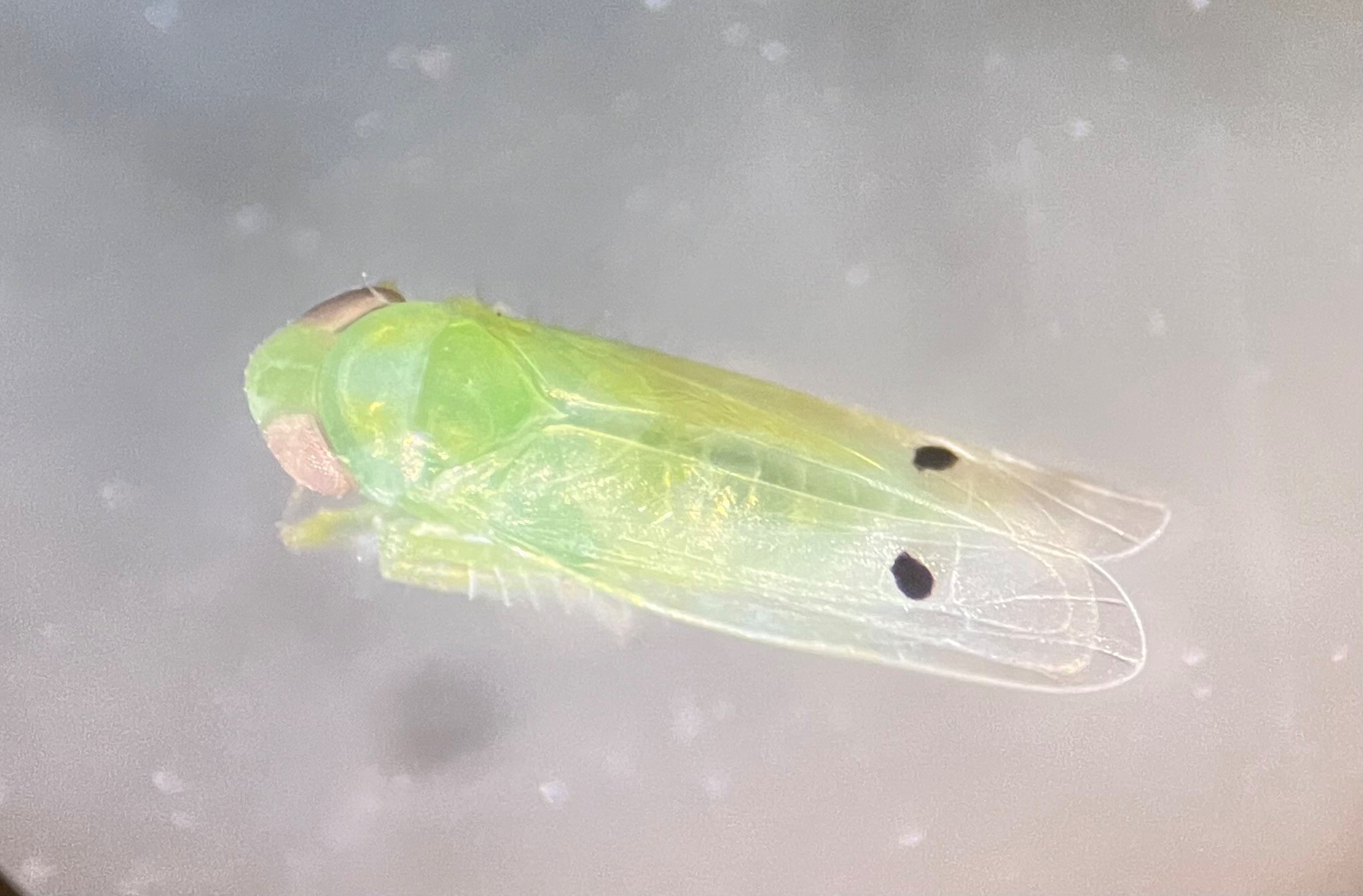By Stephanie Schupska
University of
Georgia
As spring temperatures waver before the summer heat hits
Georgia, more people are cracking open their windows to catch a
few cool breezes. And many are letting in mosquitoes.
University of Georgia entomology expert Elmer Gray says opening
a window without checking to see if the screen has holes or is
flush to the window frame is like inviting mosquitoes over for
lunch.
“Right now we’re in this period where it’s nice to have the
windows open, the transition from winter to summer,” Gray
said. “Make sure your screens are tight and don’t have any
holes in them. As the heat of the summer builds, most of us go
to air conditioning, and it’s not as big as a factor. But
certainly right now, when we’re in the transition period, keep
your screens in good repair.”
Gray is an agricultural research coordinator in the entomology
department of the UGA College of Agricultural and Environmental
Sciences. He rejects the thought that a warmer winter will
bring more mosquitoes.
“I’m not a big believer that the winter temperatures have a
huge effect on the following year’s mosquito population,” he
said.
He corrects the idea that a drier summer will keep the
population down, too. He does say, however, that the mild
winter may have allowed mosquito populations to develop earlier
in the spring.
What is going to affect mosquito numbers, he said, is how much
standing water the state accumulates in the spring and summer.
That’s what really determines how many mosquitoes will develop,
he said.
In 2004 and 2005, Georgia was swamped with hurricane rains. As
a result of river flooding in the bottomlands, native
mosquitoes had more places to breed.
While a dry summer will keep down some of the woodland and
floodwater mosquitoes, it also causes more concerns late in the
season, Gray said.
“The Southern house mosquito that transmits West Nile virus
likes to breed in storm drains,” he said. “When we’re not
having rain, when it gets dry, the storm drains become
stagnant, and this mosquito is apt to develop in large numbers.
And that’s a real concern for us.”
Georgia had 24 cases of West Nile virus in 2005. Two people
died.
Heavy rains during the past two hurricane seasons kept this
population of mosquitoes down. “Consequently, it’s probably
helped contribute to the lower numbers of West Nile virus,”
Gray said. “The West Nile virus is still around and is
something we need to be concerned with.”
Hurricane flooding isn’t the only breeding ground for native
mosquitoes. And neither are retention ponds. In fact, pests
such as the black-and-white-striped Asian tiger mosquito
typically fly only about 100 yards from where they develop.
If Georgia residents are finding many of these pests in their
homes and yards during daylight hours, Gray said, “you or
someone nearby is typically producing them.”
Asian tiger mosquitoes are container breeders.
“It’s so important that homeowners and communities take
responsibility for their own mosquito problems and empty out
standing water in containers and debris around their homes,” he
said.
He gives other tips on keeping mosquitoes off:
• Wear light-fitting, loose, light-colored clothes. Mosquitoes
are attracted to darker colors, as are most of the biting
flies. The light-colored clothing will help reduce
attractiveness.
• Use insect repellents properly, whether it contains the
active ingredient DEET or the newly approved ingredient
picaridin.
• Eliminate standing water. This is something that needs to be
done year-round, not just in April and May.
“Mosquitoes will develop through most of the year here in
Georgia,” Gray said. “Certainly, in the peak of winter it won’t
be a significant problem. But any standing water, they’ll find
it. And on warm days they’ll lay their eggs in there and will
resume the cycle.”
(Stephanie Schupska is a news editor with the University of
Georgia College of Agricultural and Environmental Sciences.)




